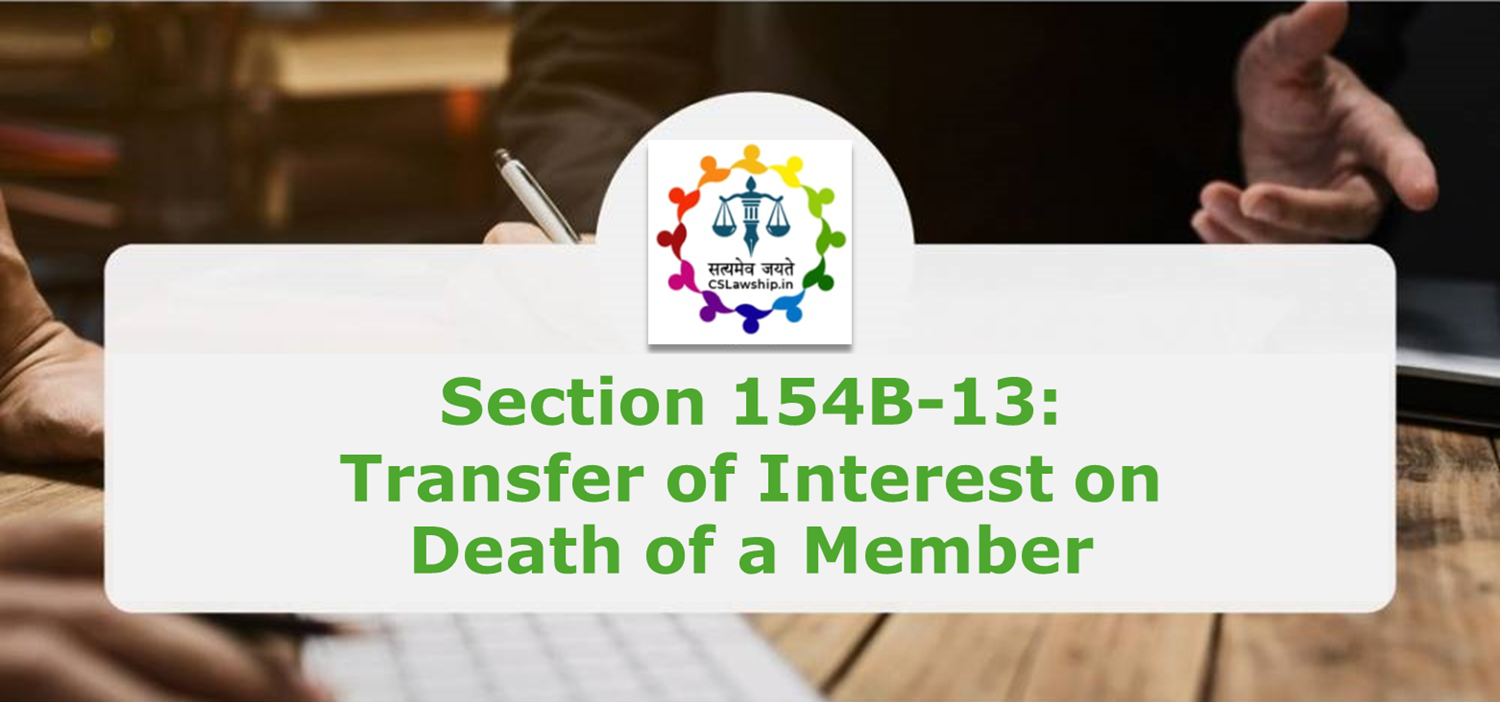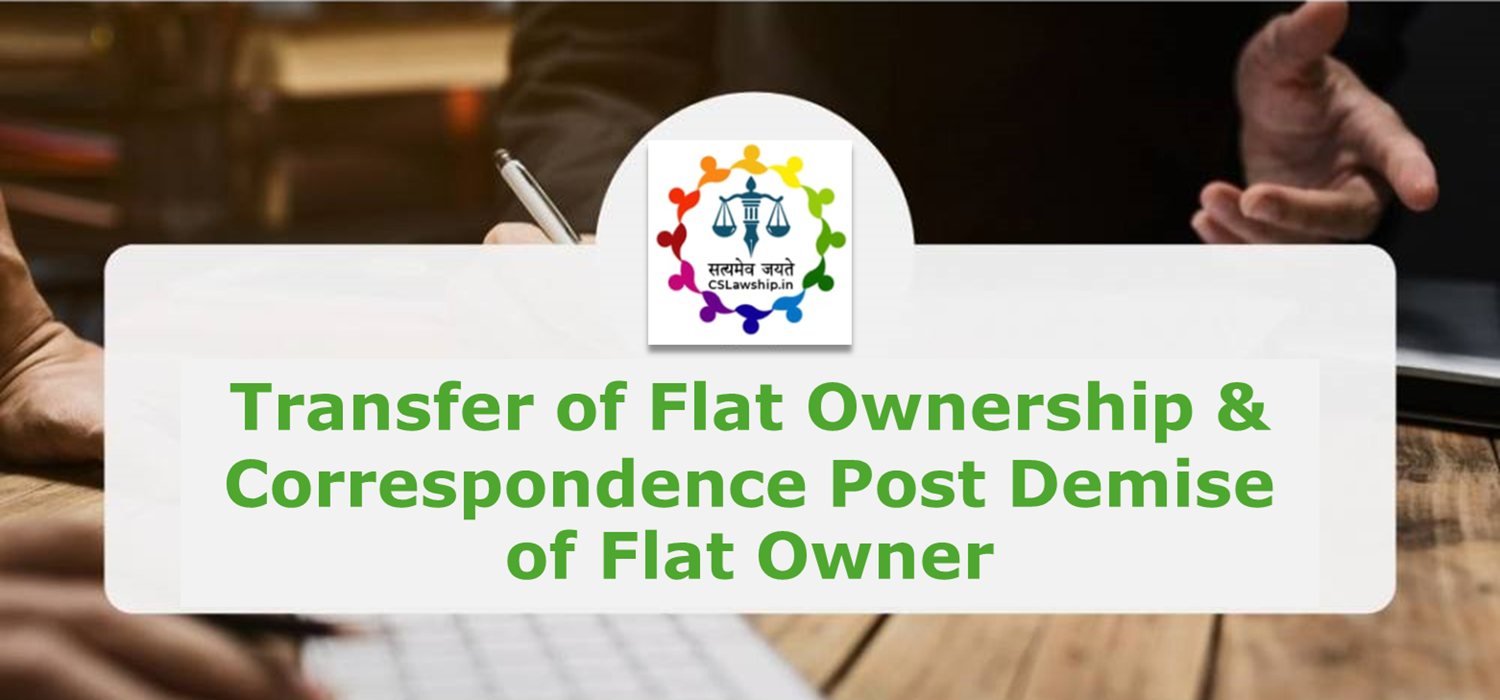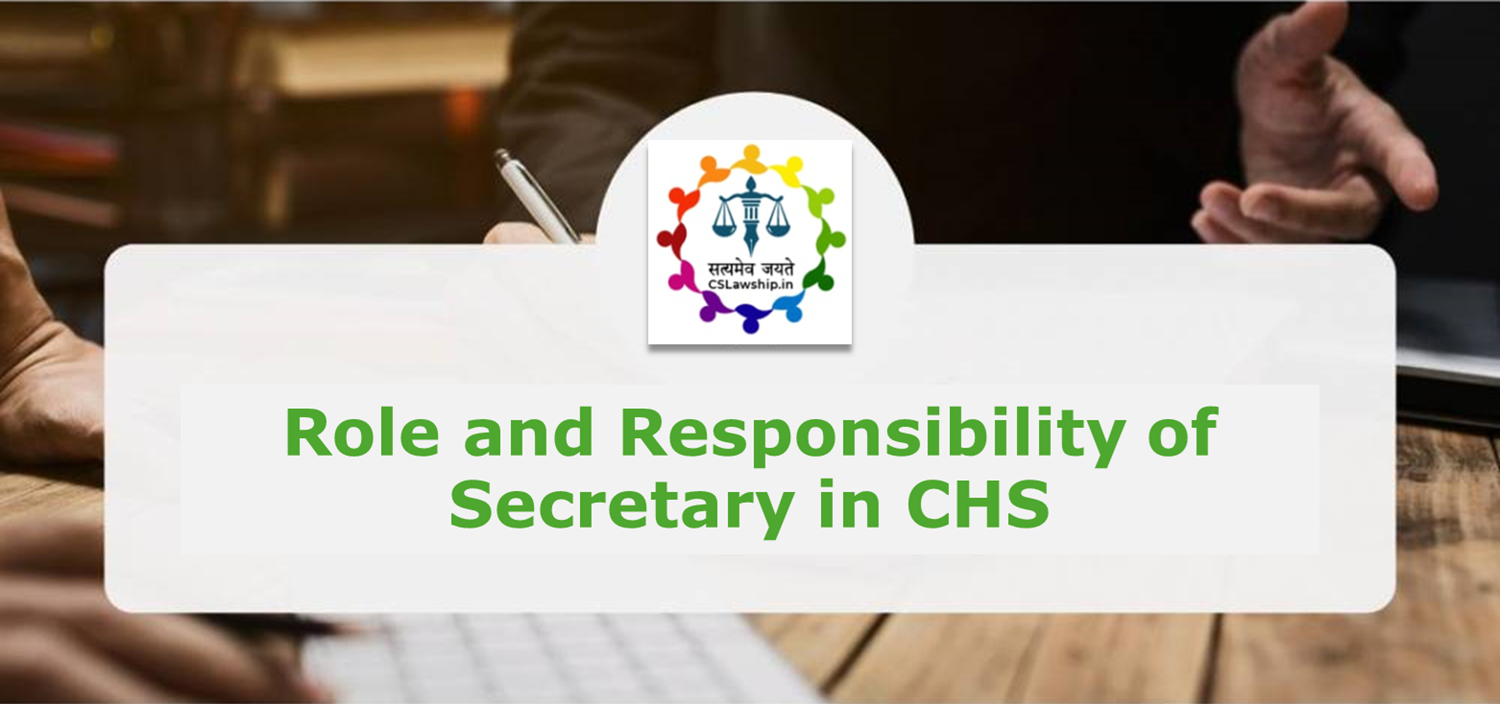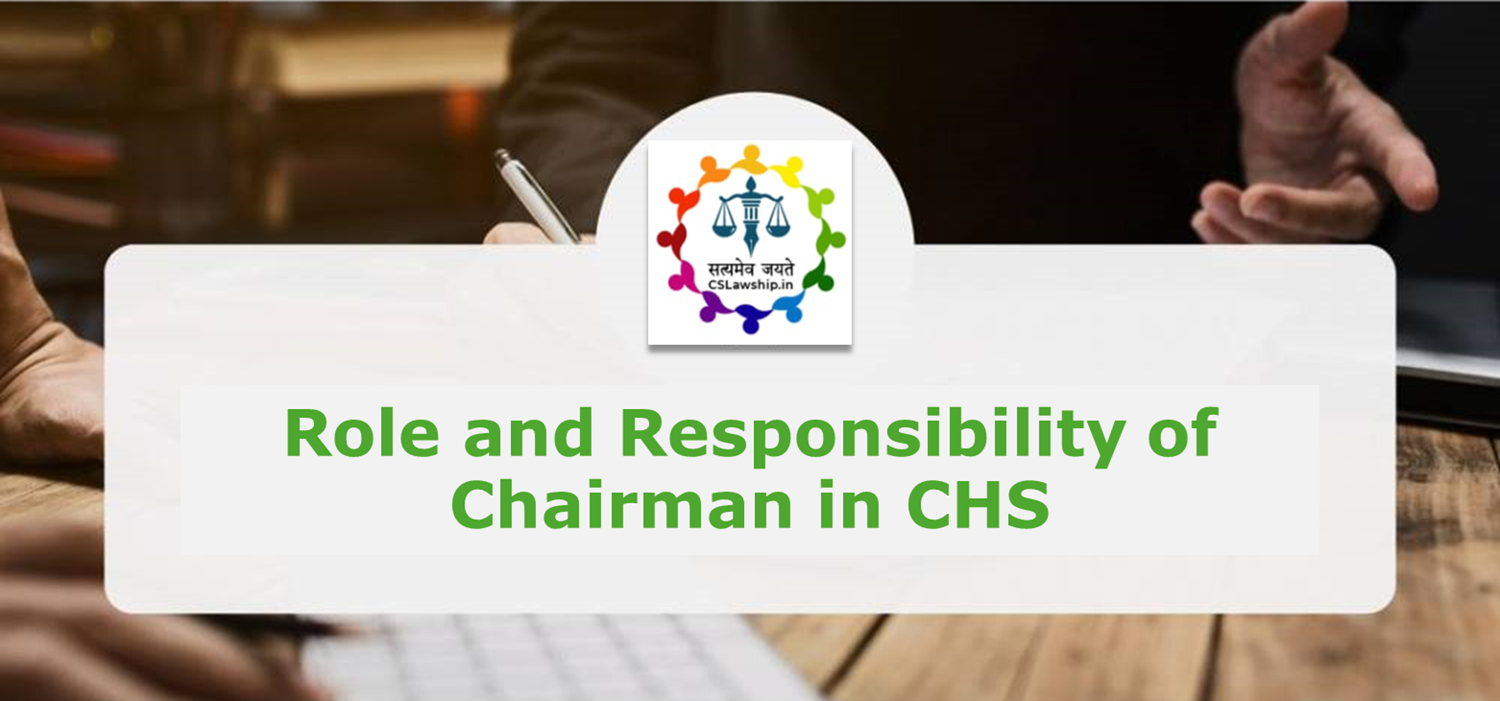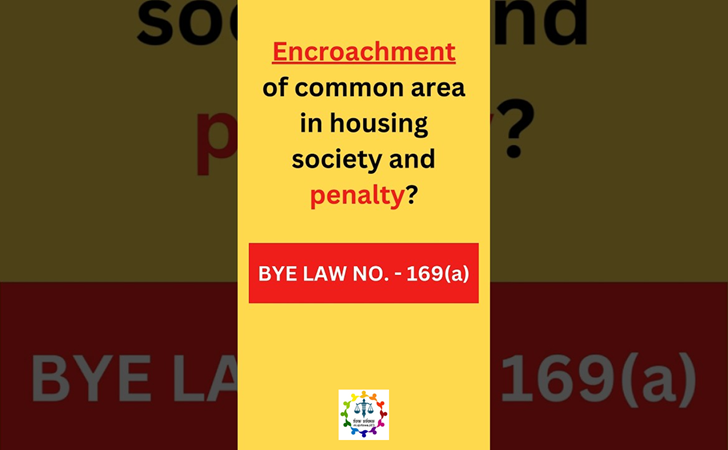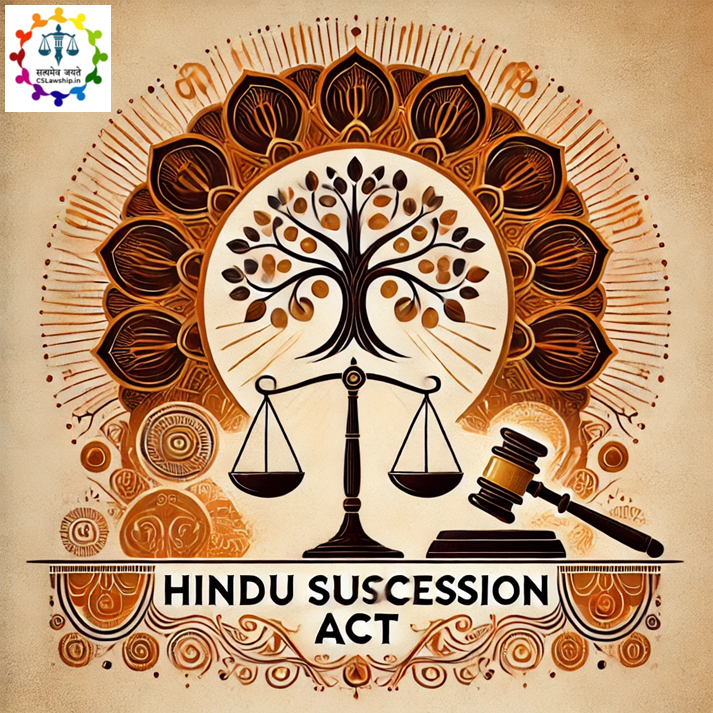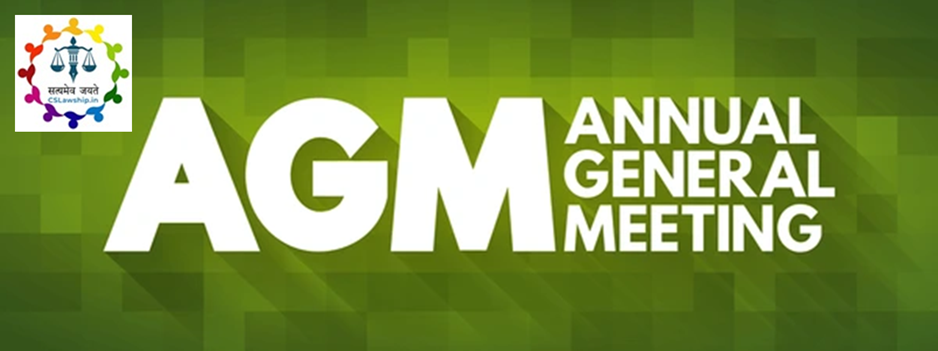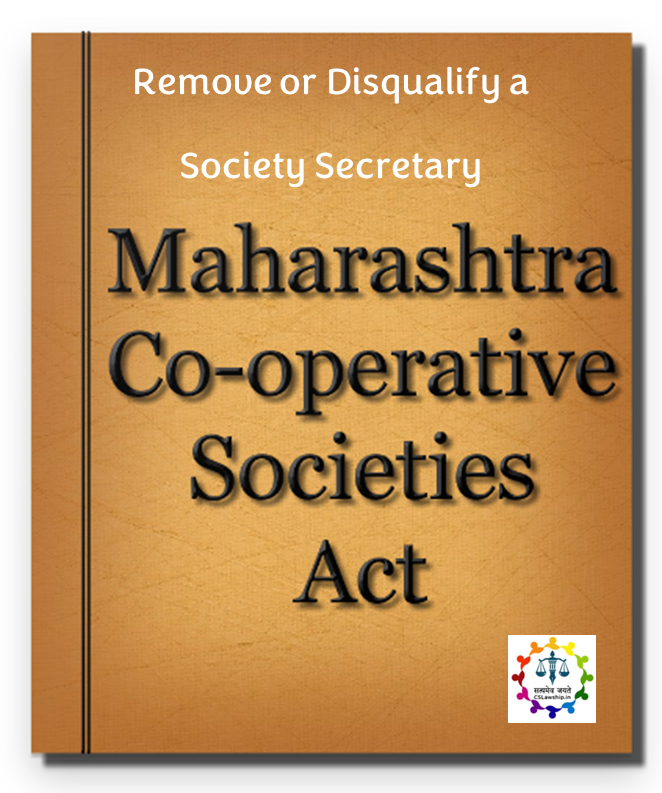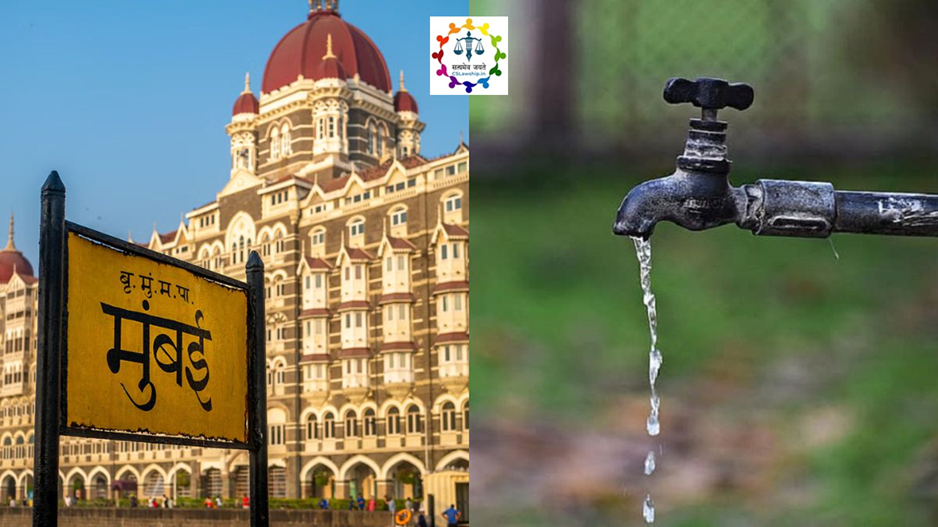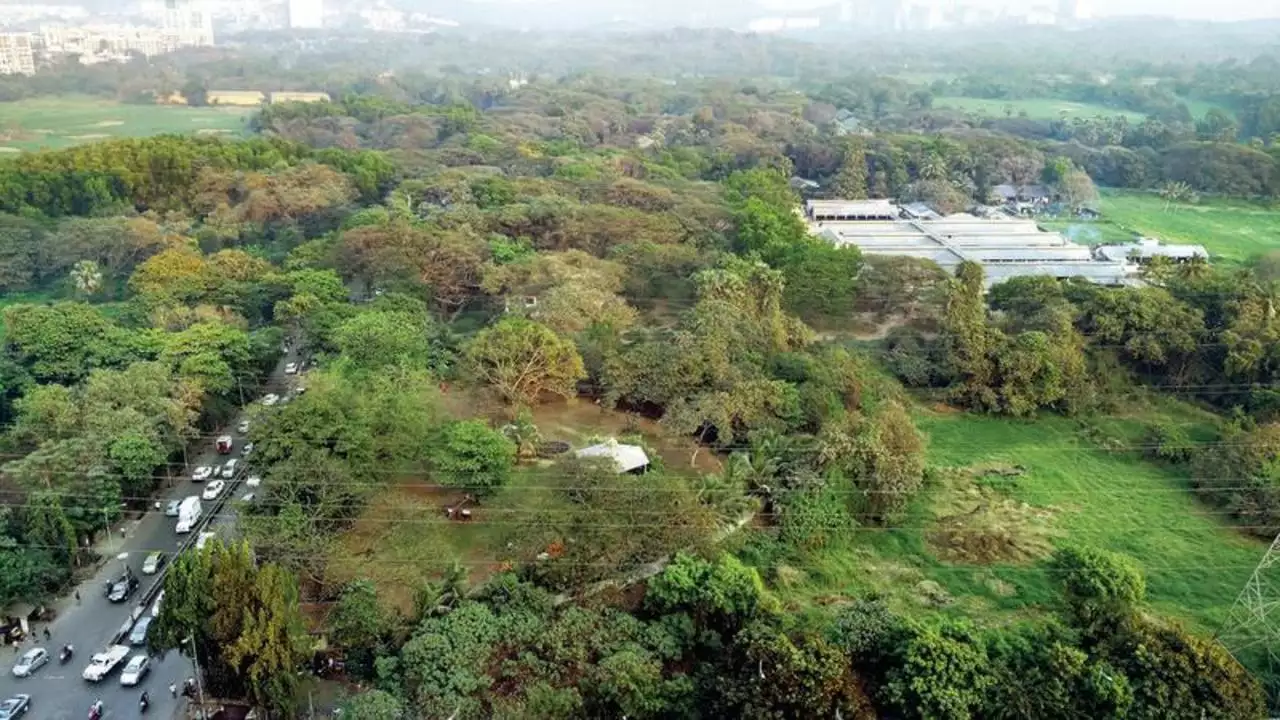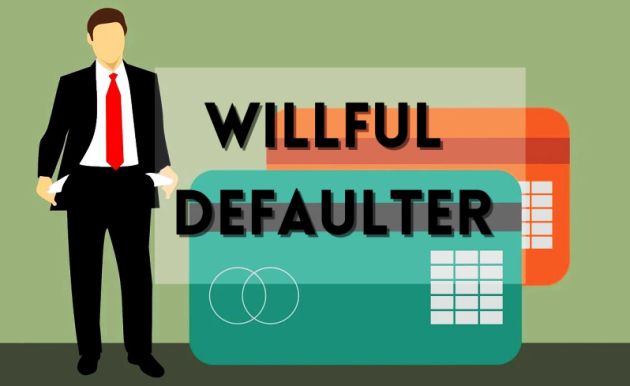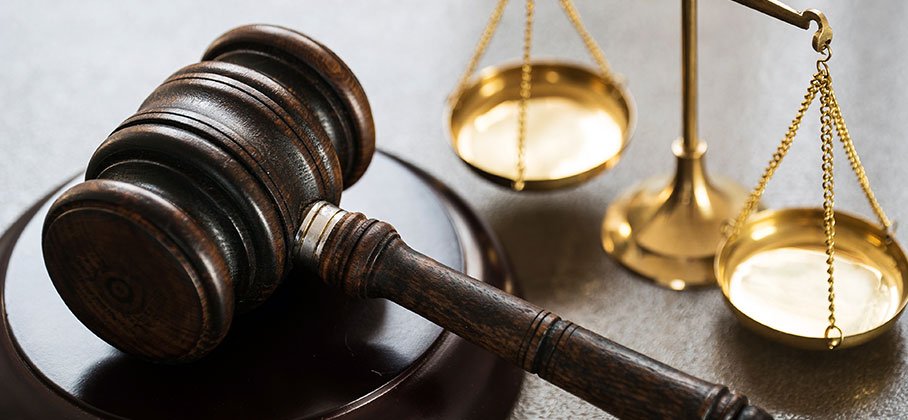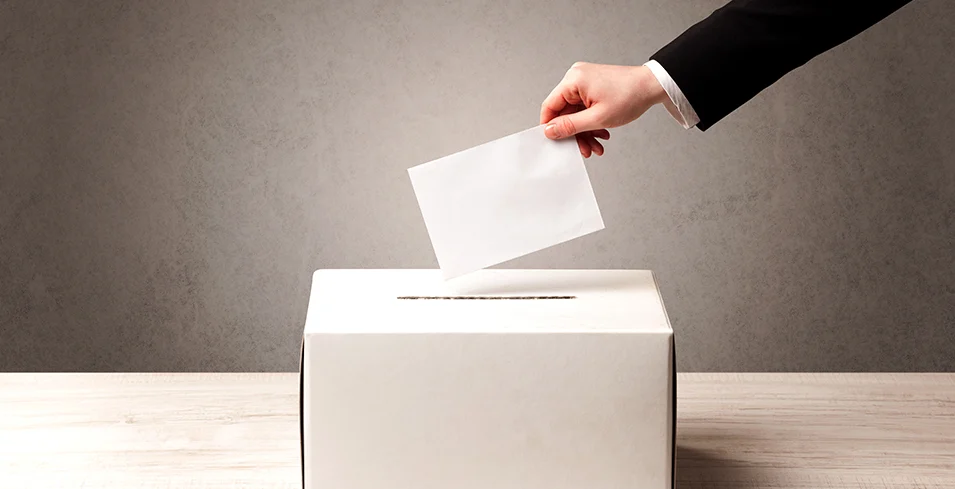Society's Right to Disconnect Services for Non-Payment of Maintenance: A Legal Perspective
In a recent ruling, the Bombay High Court dismissed a petition filed by Vilas Dongare, a resident of Mumbai, who alleged that his human rights were violated when his housing society disconnected his water supply due to non-payment of maintenance charges. The case underscores a critical issue faced by many cooperative housing societies: the enforcement of maintenance dues and the consequences for members who default on their payments.
The Case Overview
Vilas Dongare, a member of Shiv Vihar Cooperative Housing Society (CHS), challenged the society's decision to disconnect his water supply, claiming that it violated his human rights. Dongare's outstanding maintenance charges had accumulated to more than Rs 7 lakh. Despite his complaints to various authorities and the Maharashtra Human Rights Commission, his grievances were dismissed, leading him to file a petition with the Bombay High Court.
The Court's Ruling
Justice Avinash Gharote, in his order dated June 12, dismissed Dongare's petition, emphasizing that the member's grievances against the society did not exempt him from fulfilling his obligation to pay the monthly maintenance charges. The court ruled that non-payment of these charges justified the society's action to disconnect services.
‘The petitioner may have any number of grievances against the society; that does not absolve him from payment of the monthly maintenance charges. The petitioner cannot be permitted to say that he will default on his obligation to the society and at the same time raise a grievance of violation of his human rights on the same ground,’ stated Justice Gharote.
Legal Implications
This ruling has significant implications for cooperative housing societies and their members:
1. Enforcement of Dues: The judgment reinforces the society's right to enforce the payment of maintenance dues by taking necessary actions, including disconnecting services provided by the society.
2. Member Obligations: Members must fulfill their financial obligations to the society, regardless of any grievances they may have. Non-payment of maintenance charges cannot be justified by complaints against the society.
3. Legal Recourse: Members with complaints against the society must first clear their outstanding dues before seeking recourse in any appropriate forum. This ensures that financial obligations are met, allowing the society to function smoothly.
The Bombay High Court's decision in Vilas Dongare's case highlights the balance that needs to be maintained between a member's rights and their obligations within a cooperative housing society. While members have the right to raise grievances and seek resolution, they must also meet their financial commitments to the society. This ruling serves as a precedent for similar cases, emphasizing that societies have the right to enforce dues and maintain order, ensuring the well-being and functionality of the entire community.
In essence, the message is clear: Members must pay their dues to uphold the collective interest of the society, and any grievances should be addressed only after fulfilling these obligations. This approach ensures that the cooperative principles of mutual support and responsibility are upheld, promoting a harmonious living environment for all residents.
Disconnect Services




